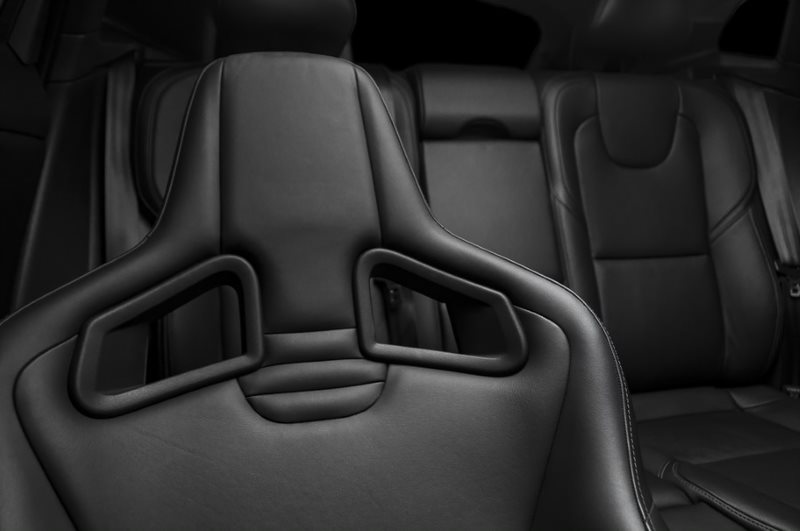Self-Driving Cars Could Lead to New Legal Challenges
![]() By now, you have probably heard about the remarkable advances that Google and other companies have made in the area of self-driving cars. Google’s vehicles have logged thousands of accident-free miles, and many mainstream vehicles can be purchased with sophisticated driver aids that conduct emergency stops and warn the driver when he or she is veering out of the lane. It seems likely that someday, and perhaps not too far in the future, our cars will be driving us.
By now, you have probably heard about the remarkable advances that Google and other companies have made in the area of self-driving cars. Google’s vehicles have logged thousands of accident-free miles, and many mainstream vehicles can be purchased with sophisticated driver aids that conduct emergency stops and warn the driver when he or she is veering out of the lane. It seems likely that someday, and perhaps not too far in the future, our cars will be driving us.
As wonderful as this future may be, it comes with a number of sticky legal questions. Key among them is the issue of liability in traffic accidents. When your self-driving car strikes another vehicle, who is at fault? Is it you, or is it the vehicle’s manufacturer?
It seems likely that in a driverless world, the manufacturer of the vehicle would have to take responsibility for any crashes. After all, the manufacturer created the collision-avoidance technology that the passengers rely upon. If that technology is faulty, the manufacturers may be responsible for any injuries that result. According to the Wall Street Journal, “Insurance companies will shift their focus to technical failures and away from driver risk profiles over time” in a driverless world.
In many ways, this would be the equivalent to a product liability lawsuit. When a car manufacturer produces a vehicle with a defect — such as a faulty airbag or an ineffective brake system — and those defects lead to injury or death, the manufacturer must be held accountable. The same would likely hold true in a case involving fully automated driving systems – but the degree to which a manufacturer can be held liable is still very much up to debate. Driverless cars are a new and emerging technology, and the laws governing them have not yet taken shape.
In general, product liability laws ensure two things — that manufacturers take care to ensure their products are safe before they reach the market, and that the victims of defective or dangerous products have access to the financial compensation they need. Whatever regulations eventually get passed will need to ensure that drivers still have the power to hold negligent parties accountable for the injuries they caused.
Driverless cars could cause a drastic reduction in the number of accidents each year. Before that day comes, however, a great number of technological and legal issues need to be resolved. In the meantime, those injured in a car accident — whether through a driver’s carelessness or due to negligence on the part of the manufacturer — can still seek compensation through a personal injury lawsuit.
If you have been injured, the law firm of GreeningLaw, P.C., can help you take decisive legal action. To schedule a one-on-one consultation with attorney Robert Greening, contact him online or call 972-934-8900.





